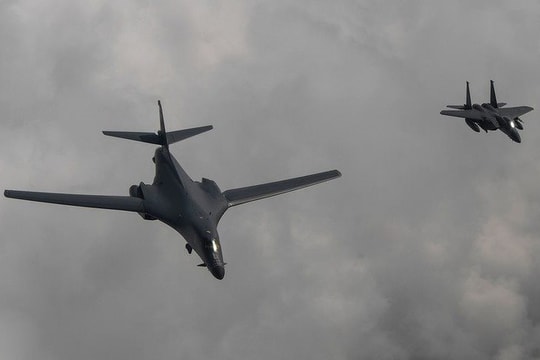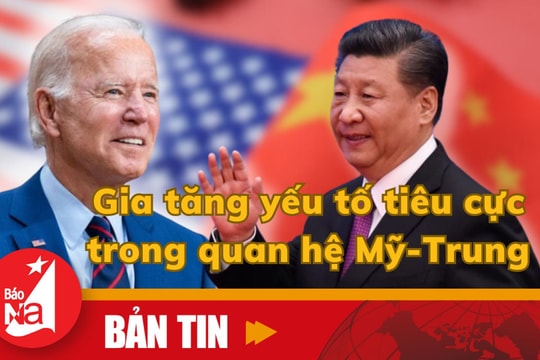US Secretary of State meets Chinese officials: Reunion after tension
(Baonghean.vn) - The meeting between US Secretary of State Mike Pompeo and top Chinese diplomats is scheduled to take place today (June 17) in Hawaii. If the meeting takes place as scheduled, this will be the first meeting between officials of the two countries since relations between Beijing and Washington continued to be "tense as a bowstring" and efforts to cool down the situation are not yet finding a solution.
The curtain falls on tension.
News that US Secretary of State Mike Pompeo is planning a trip to Hawaii to meet with Chinese government officials began to spread when Politico cited sources close to the matter. The South China Morning Post on June 16 quoted informed sources as saying that Secretary of State Mike Pompeo will hold talks with Mr. Yang Jiechi, former Chinese Foreign Minister, and current Politburo member and Director of the Office of the Central Foreign Affairs Commission, on June 17. Although the Chinese Foreign Ministry has not confirmed the meeting in Hawaii, it affirmed that the two sides are continuing to keep in touch.
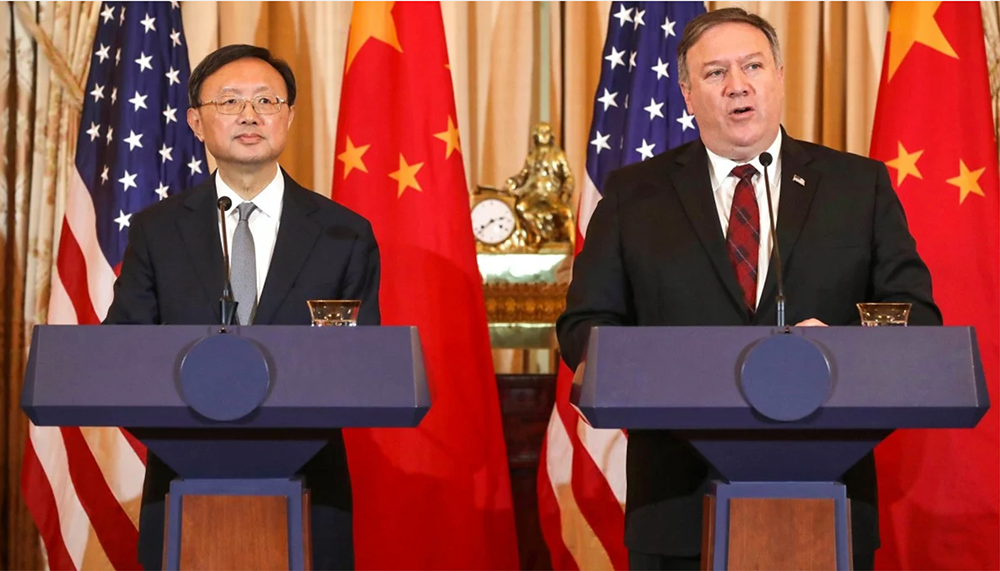 |
| US Secretary of State Mike Pompeo is scheduled to meet with senior Chinese diplomat Yang Jiechi in Hawaii. Photo: AFP |
The already tense relationship between Beijing and Washington reached a critical point in 2020, despite previous attempts to mend it. Officials in the Trump administration, led by Secretary of State Mike Pompeo, have been waging a war of words with China over the origins of the Covid-19 pandemic. US Secretary of State Mike Pompeo has claimed he has “enormous evidence” that Covid-19 originated in a laboratory in Wuhan, although US intelligence agencies and some allies say there is a lack of evidence.
The Trump administration has accused China of spreading the disease, and as punishment, it seems that it has considered demanding compensation from China or canceling some of its government bonds. In addition, the US and China have also argued over the issue of Hong Kong, the protests related to the death of American black man George Floyd and the military activities of both sides in the Taiwan Strait, as well as in the East Sea.
As the US and China are at the height of their war of accusations and words, Secretary Pompeo has been portrayed in Chinese state media as one of the worst diplomats in history. China even called Secretary Pompeo a “political virus”.
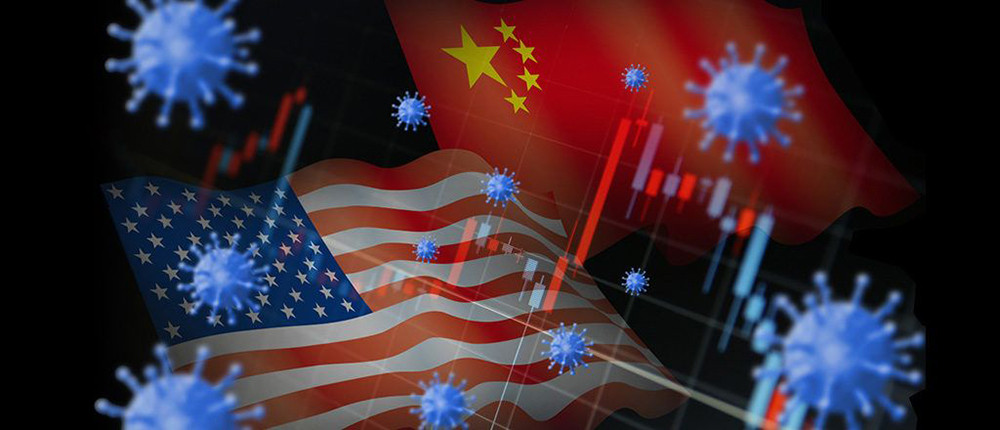 |
| US-China war of words over Covid-19. Illustration: Knowledge @ Wharton |
Mutual criticism has deepened strategic competition. The mainstream view of the US is that China is essentially a competitor and an enemy. On the contrary, China sees the US as a bad and weak country, bullying to contain China. Moreover, when Covid-19 is gradually erasing President Trump's economic achievements, the US leader sees confronting China as a central element of his re-election strategy to defeat Democratic candidate Joe Biden. But now, when President Trump realizes that confronting Beijing does not bring the expected value, Mr. Trump prioritizes economic recovery in the final months, before the election.
Lu Xiang, a State Ideology researcher at the Chinese Academy of Social Sciences, said that engaging in a blame game with China would not help Donald Trump’s presidential campaign or distract public opinion from how the US handled the pandemic. Therefore, the US government needs to take steps to ease bilateral tensions and create the necessary conditions to implement the phase one trade deal signed with Beijing earlier this year. This Hawaii dialogue would be of great significance if the two sides can reach a consensus on bilateral relations, even if it is simply mentioned in a joint statement.
Can it be mended?
The economic relationship between the US and China has been in the making for decades, with the two countries becoming the world’s largest trading partners since 2014. But now, amid trade and technology wars, a pandemic, and strained diplomatic relations, observers say the two largest economies are locked in a seismic shift.
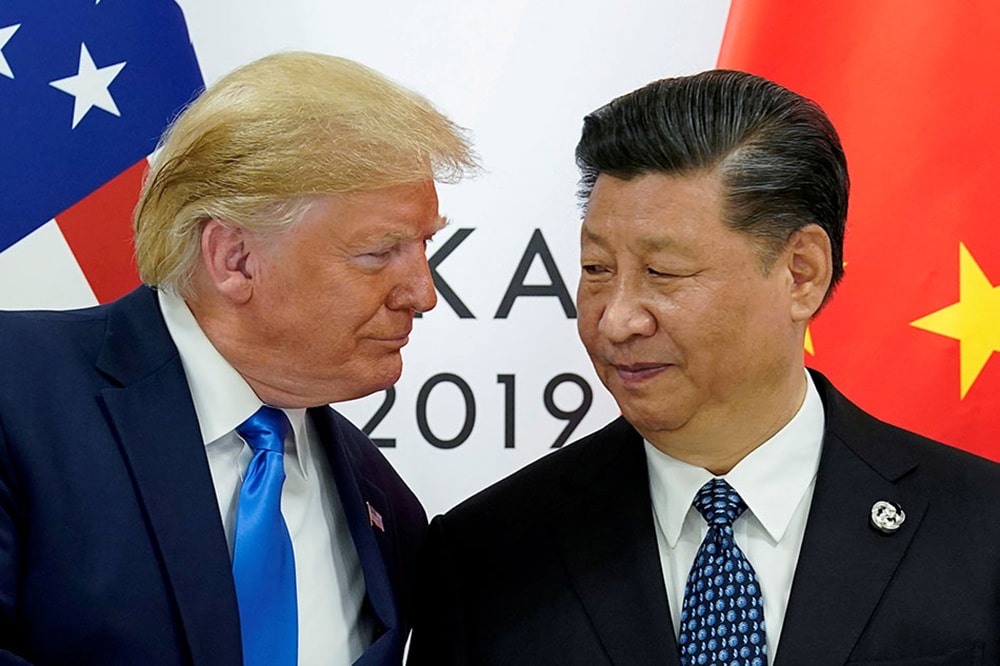 |
| The US-China relationship has been tense since 2019 and shows no signs of cooling down. Photo: AFP |
Therefore, the close economic relationship between the two powers is considered the most complicated bilateral relationship. In particular, for President Trump at this time, China's implementation of the first phase of the trade agreement with the US is a top priority. Because reaching the agreement is considered one of the great achievements of Mr. Trump's term. However, many signals seem to show that Beijing will not easily act as the White House owner wants. Therefore, the separation in US-China relations is something that will happen soon.
From an economic perspective, the US and China may no longer be “connected” in non-strategic aspects because the pandemic has inadvertently exposed some potential risks, especially supply chain risks. US Trade Representative Robert Lighthizer said that the crisis has shown the need for strong and diversified supply chains with reliable trading partners, and that total dependence on cheap imports for strategic products can make the economy vulnerable in times of crisis. Therefore, the market, as a solid foundation of trade relations, will be weakened.
Ahead of the planned meeting in Hawaii, in a video conference with Secretary Pompeo, EU Foreign Affairs Commissioner Josep Borrell dismissed the possibility that the EU would ally with the US to counter China. Both the EU and the US share concerns about China's state-controlled economy. However, the EU refuses to follow the same path as Washington.
“No matter who the next US president is, the US-China relationship will evolve in a competitive direction. This confrontation will shape the future world order.”
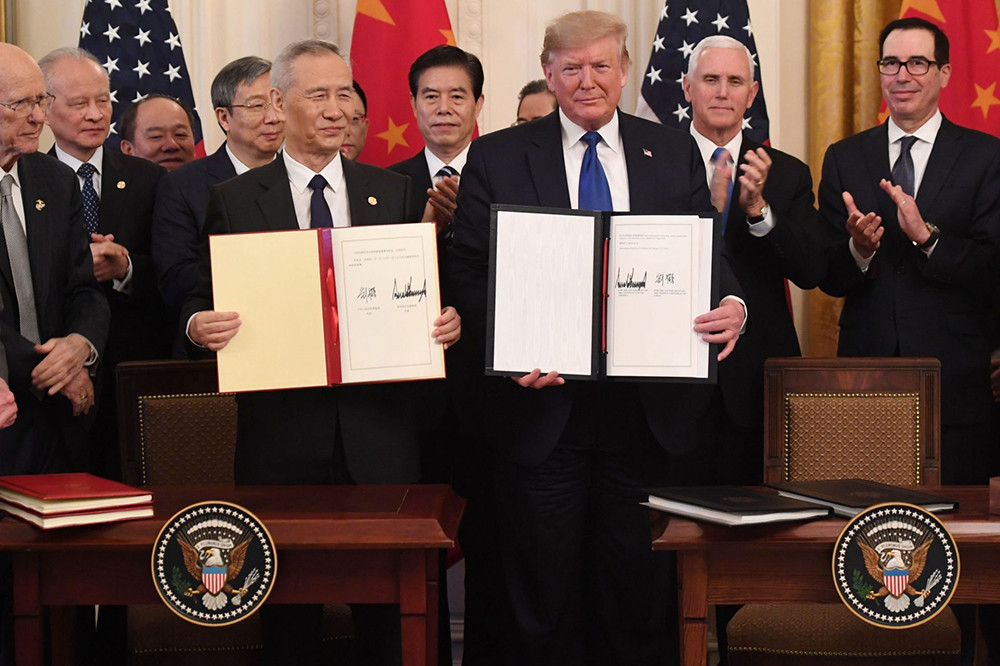 |
| Vice Premier Liu He (left) and President Donald Trump at the signing ceremony of the phase 1 trade agreement at the White House on January 15. Photo: AFP |
The pandemic has in fact created a sufficient “buffer” for the US-China relationship, but the bilateral trade relationship has not taken advantage of that and is on the decline, and will move in a more confrontational direction. All the current focus is on the new fight against Covid-19 in Beijing, as well as the US election in November. Therefore, there are unlikely to be major changes in the foreign policies of the two countries. With such unpredictable uncertainties, the “phase 2” of the trade deal is uncertain.

